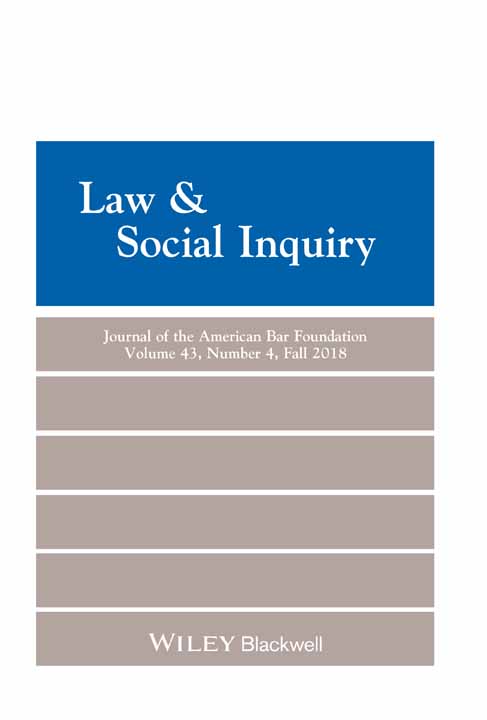Freedom of Speech in Union Representation Elections: Employer Campaigning and Employee Response
The author wishes to thank Julius G. Getman for helpful suggestions and unflagging encouragement—which he offered despite these dissenting views on his previous writings. She is also indebted to John M. Campbell, Laura Cooper, Richard Craswell, Richard Epstein, L. Andrew Immerman, Richard Lempert, Ellen Robb, John Schmittdiel, June Weisberger, and William Whitford for their comments. Spencer Kimball and Jessie Buhmann of the American Bar Foundation were most gracious and diligent in providing helpful comments. Any errors remaining are, of course, the author's own.
Abstract
In 1977 the National Labor Relations Board announced that it would no longer probe the truth or falsity of statements made in the course of representation campaigns. This decision, Shopping Kart Ford Market, overruled longstanding Board policy and was itself overruled the following year. Now, in August of 1982, the Board has again made a commitment to nonprobing and has reinstated the Shopping Kart standard (Midland National Life Insurance Co.,___ N.L.R.B.____, 110 L.R.R.M. 1489 (1982)). Such seesawing of Board positions suggests the difficulty of attempting to protect freedom of speech while simultaneously supporting other national labor policy goals, including employee freedom of choice and the integrity of representation elections. Critical to determining the appropriate standard for campaign speech is an understanding of how employees respond to misrepresentations or coercion in an employer's campaign rhetoric. This paper investigates the relationship between employer campaigning and employee response. Both employer and labor organization will have incentives to prevent coercive or misrepresentative speech at certain levels of violation severity. But in an intermediate range of speech in which that is not the case, the Board has a unique role to play in protecting the rights of individual employees and the public interest in the integrity of elections.




